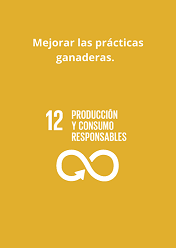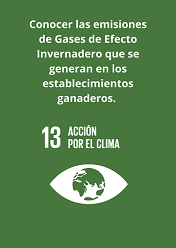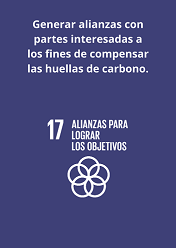Tourism in the 2030 Agenda
The year 2015 was a decisive year for global development, as governments approved the 2030 Agenda for Sustainable Development along with the Sustainable Development Goals (SDGs). This ambitious agenda establishes a global framework until 2030 to eradicate extreme poverty, combat inequality and injustice, and address climate change. Building on the historic Millennium Development Goals (MDGs), this comprehensive set of 17 Sustainable Development Goals, with 169 associated targets, is people-centered, transformative, universal, and functions as an integrated whole.
Tourism can directly or indirectly contribute to all these goals. Specifically, it is included in some of the targets of goals 8, 12, and 14, which respectively relate to inclusive and sustainable economic growth, sustainable consumption and production, and the sustainable use of oceans and marine resources.
Sustainable tourism holds a strong position within the 2030 Agenda, but achieving this agenda requires a clear implementation framework, adequate financing, and investment in technology, infrastructure, and human resources.
Prioritized SDGs by Owl Track
Objective 12: Responsible Production and Consumption:
A tourism sector that adopts sustainable consumption and production practices can play a significant role in the transition toward sustainability. To achieve this, it is essential to “develop and implement tools to monitor the effects on sustainable development, aiming for sustainable tourism that creates jobs and promotes local culture and products.” The sustainable tourism program within the ten-year framework of programs on sustainable consumption and production modalities aims to develop these practices, including initiatives for efficient resource use that will lead to better economic, social, and environmental outcomes.
Objective 13: Climate Action:
Tourism contributes to climate change while also being affected by it. Therefore, it is in the sector’s own interest to play a leading role in the global response to climate change. By reducing energy consumption and utilizing renewable sources, especially in transportation and accommodation, tourism can help address one of the most pressing challenges of our time.
Objective 17: Partnerships for the Goals:
Due to its cross-sectoral nature, tourism has the capacity to strengthen public-private partnerships and engage multiple stakeholders—international, national, regional, and local—to work together to achieve the SDGs and other common objectives. Cooperation and public-private partnerships are essential foundations for tourism development, as is greater awareness of tourism’s role in fulfilling the post-2015 development agenda.



www.unwto.org

